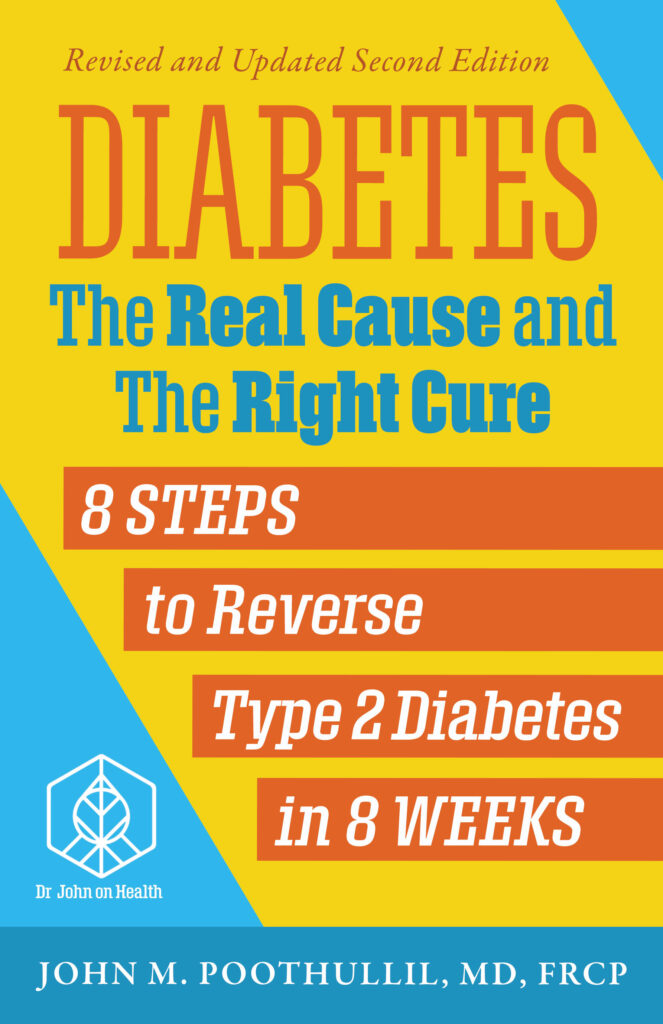
To start losing weight today, I recommend the following simple changes to your eating habits:
- As much as possible eat foods that require chewing. Studies suggest that increasing the number of chews per bite increases relevant intestinal signals and may decrease self-reported hunger and food intake. In other words, continued chewing sends more signals from the mouth to the food intake control centers in the brain, facilitating more enjoyment related to that food, and later leading to moderation of the intensity of hunger, thus creating the feeling of satisfaction that allows you to terminate the act of eating and reduce total food energy intake.
- Sipping warm water every few minutes during a meal cleans the taste buds, creating more contact points for nutrient registration and signal generation to the brain.
- Concentrate on vegetable preparations that need chewing, rather than blended and pureed foods that do not allow for chewing.
- Increase chewing by adding nuts to certain dishes, or serving on the side.
- Severely limit the consumption of refined grains and food items made with refined grain flour that require practically no chewing. From a nutritional point of view, foods made with refined grains and refined grain flour are empty-calorie foods. If you plan to eat grains or grain-flour-based foods, use whole-grain products instead. To reduce the consumption of glucose-releasing foods, limit the intake of grain-based foods such as bread, rolls, pasta, cookies, cakes, etc. to not more than 200 of the 570 calories of a single meal.
- Prepare food items you plan to eat at home, rather than buying ready-made or pre-packaged. This will give you a head start to limit your intake of total daily food energy and grain-based food items. An additional benefit is limiting your intake of salt.
What causes weight regain after weight loss?
In general, weight reduction programs that include individual or group counseling to modify how much you eat result in only a 5–10% weight loss. Unfortunately, as statistics reveal, after six to twelve months following the completion of such a program, most people start regaining weight.

Experts suggest many possible reasons for this finding, though they seldom provide any evidence. For example, one theory states that weight loss reduces the rate at which your body burns calories. This then, the theory says, makes it difficult to lose more weight over months. It seems illogical, though, as it implies that losing weight has a cap on how much can be lost.
Other theories suggest that a rate of weight loss larger than one or two pounds per week results in the failure of long-term maintenance of the reduced weight. For example, most people who lose a large amount of weight rapidly regain it two to three years later. Why? The theorists do not explain it.
Let me suggest a few possible logical reasons for regaining lost weight…
First, let’s consider motivation. It is normal to be enthusiastic about any new endeavor, and that enthusiasm makes it easy to commit to a goal. Losing weight as part of an organized program helps motivate you to accomplish your objective. However, gradually you may find yourself slowly beginning to miss the way you were eating before, or the type and quantity of food you used to eat, so you slide back into your former way of eating, regaining the lost weight. This is demotivating and a real challenge to your sense of commitment.
If you are losing weight with the help of medications that modify your natural control mechanisms, terminating the medications could cause a reset of the brain’s control mechanisms regarding how hungry you feel and how much you need to eat. This can then result in regaining the lost weight.

The best way to avoid regaining weight is, as explained above, to remain conscious of why you are eating. Are you truly hungry? Or are you eating food out of a need to enjoy it, out of stress or other emotions, or eating until your stomach feels full rather than being truly satiated?
I also suggest you build the following habits into your daily routine. Check your weight every day around the same time and adjust your food intake for the next 24 hours based on noticing any weight gain. Be aware that you sometimes will have unexpected weight swings due to an excess intake of salt. This causes your body to retain water to keep the salt concentration optimal for proper cellular functioning. For this reason, many programs will advise you to weigh yourself no more often than every few days, or only once a week or month. However, it is important to stay consistent to see potential issues as soon as possible.
Take pride in yourself when you have a day that shows no weight gain. Notice what you ate the day before that helped you avoid putting on a pound or two. If you put on weight, try eating a large salad for lunch or dinner in place of your usual big meal to lose that extra pound you gained the day before.
Of course, I do agree that it’s okay to allow yourself to have an occasional large meal now and again if you have an event or holiday gathering. But if you know you are going to overeat at an event, preplan and adjust your food intake during the few days before it. And always be aware of your intake of grains.
As a best-selling author and Nationally Syndicated Columnist, Dr. John Poothullil, advocates for patients struggling with the effects of adverse lifestyle conditions.
Dr. John’s books, available on Amazon, have educated and inspired readers to take charge of their health. There are many steps you can take to make changes in your health, but Dr. John also empowers us that we must demand certain changes in our healthcare system as well. This article is an excerpt taken from “Diabetes: The Real Cause and the Right Cure”, now available in a second edition.
Follow or contact Dr. John at drjohnonhealth.com.

Don’t let Type 2 diabetes or pre-diabetes control your life – start a delicious new journey to a healthier, happier you today!

Whether you were recently diagnosed or have had Type 2 diabetes for years, this book will open your eyes to new thinking about the real cause and an actual cure based on scientific thinking.
Understanding Dr. John’s explanation for the cause of diabetes opens the door to reversing it. The book provides an easy-to-implement 8-step program that will truly lower your blood sugar for good.
This new edition contains updated information and a new Appendix with over 20 FAQs about diabetes that are critical to your commitment to change your approach to eating.


